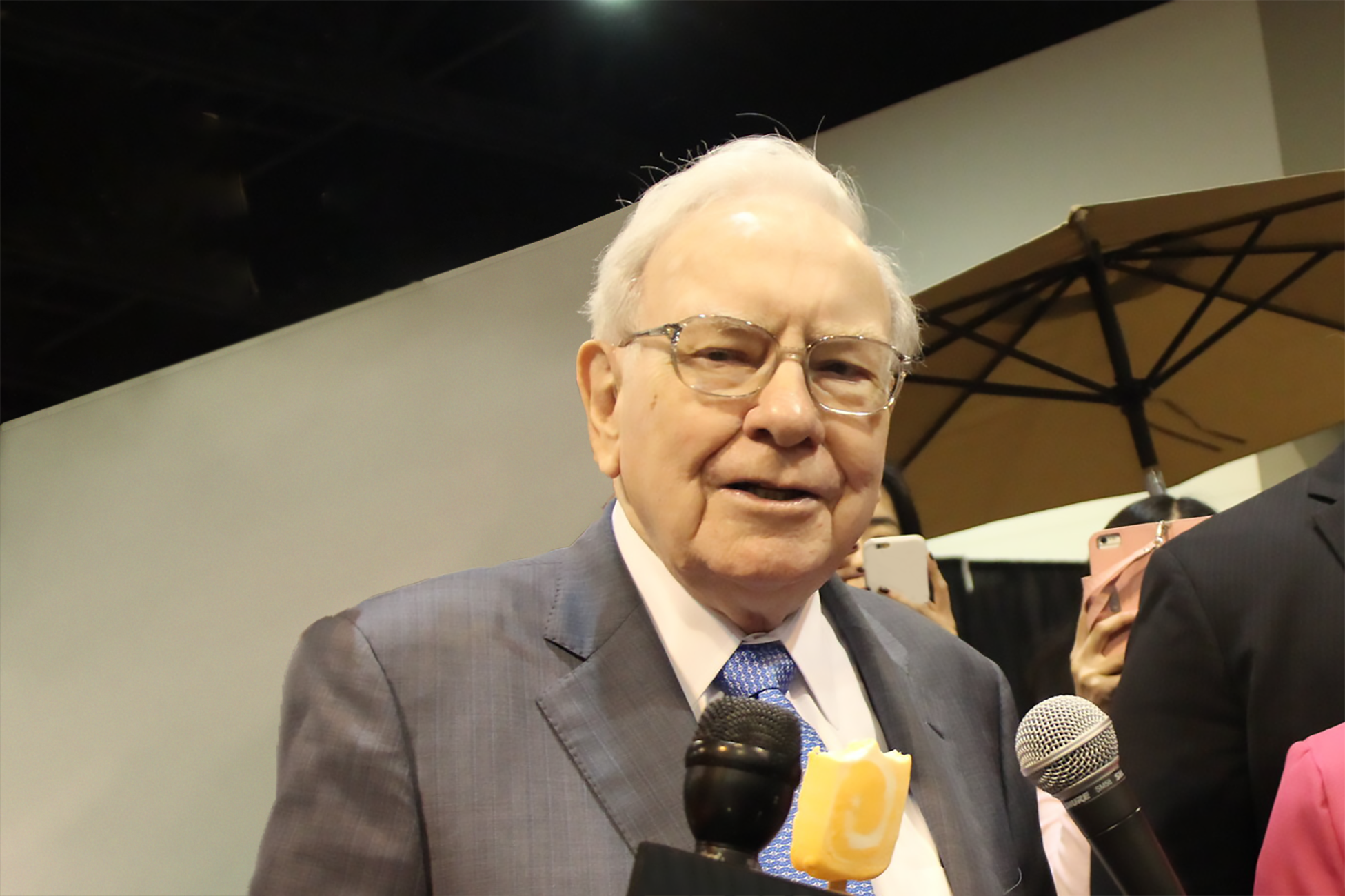"Fool me once, shame on... shame on you. Fool me... you can't get fooled again."
-- George W. Bush
Are Apple (AAPL +2.97%) investors getting fooled twice? Apple shares were down nearly 2% in early morning trading while the broader market was essentially flat. What was the culprit causing the pessimism today?
A high-profile financial news outlet was speculatively reporting supply-chain cuts related to the iPhone 5. Sound familiar?
Stop me if you've heard this one before
No, this time we're not talking about The Wall Street Journal recirculating old news and making possible component order cuts sound scarier than they should be. This time, it's the Financial Times reporting that Apple manufacturing partner Foxconn has instituted a recruiting freeze "as it slows production of Apple's iPhone 5."
The FT sees this as evidence of "weakening demand" related to "reduced orders for the iPhone 5." Much like the WSJ report that made the rounds in January, this FT report similarly falls apart once you dig in.
Say it ain't so
Foxconn has come out and specifically refuted the reasoning behind the headlines. The company confirmed that there currently is a hiring freeze at several of its factories, but the move is entirely unrelated to iPhone 5 production. Instead, the freeze has been put in place only because there was a relative high return rate among employees after the Lunar New Year holiday.
Workers commonly leave their positions after the holiday and return home, since many only come to work on a temporary basis. Sometimes factories need to refill these posts, but this year over 90% of workers continued to work and reduced the need for additional hiring. Foxconn's workforce usually fluctuates between 1.4 million and 1.5 million employees due to seasonal factors, but a company spokesman said that Foxconn is currently keeping its ranks steady at 1.4 million.
The two best-sellers
In a separate report today, market researcher Strategy Analytics said that the iPhone 5 soared to become the best-selling smartphone model in the world during the fourth quarter with 27.4 million units of Apple's latest model being sold. The No. 2 device was Apple's previous-generation iPhone 4S at 17.4 million units.
Both iPhone models pushed Samsung's popular Galaxy S III from No. 1 in the third quarter to No. 3 in the fourth quarter, with the South Korean company's unit shipments declining sequentially from 18 million to 15.4 million. That hardly sounds like weak demand to me.
In Cook we trust
Tim Cook has already warned investors not to read too deeply into questionable media reports on Apple's supply chain, because there are many factors that can affect order activity at any individual supplier. It's impossible to get a reliable read on Apple's globalized supply chain based on any single data point, which may or may not even be accurate to begin with.
Things like manufacturing yields, beginning inventory positions, and Apple's secretive product pipeline, among many others, can cause changes in orders. Apple also has other contract manufacturers that it works with in addition to Foxconn, such as Pegatron and Quanta Computer.
A contrarian's dream
Investors fearfully selling shares today are ignoring not only Cook's advice, but also disregarding Foxconn's own direct rebuttal and third-party data suggesting that iPhone demand is doing just fine.
The trading activity today shows how susceptible Apple shares have been recently to negative sentiment. As competitive concerns have mounted over the past few months, any remotely pessimistic storyline can trigger an Apple sell-off, regardless of whether or not it has any merit. Of course, the contrarian thing to do is to buy when others are fearful.
It seems like the bulls are waiting on the sidelines for something to give them courage, while the bears exploit that weakness. If Apple hints at a possible dividend increase at its annual meeting next week, that might be just what the value investors are waiting for to jump in.






